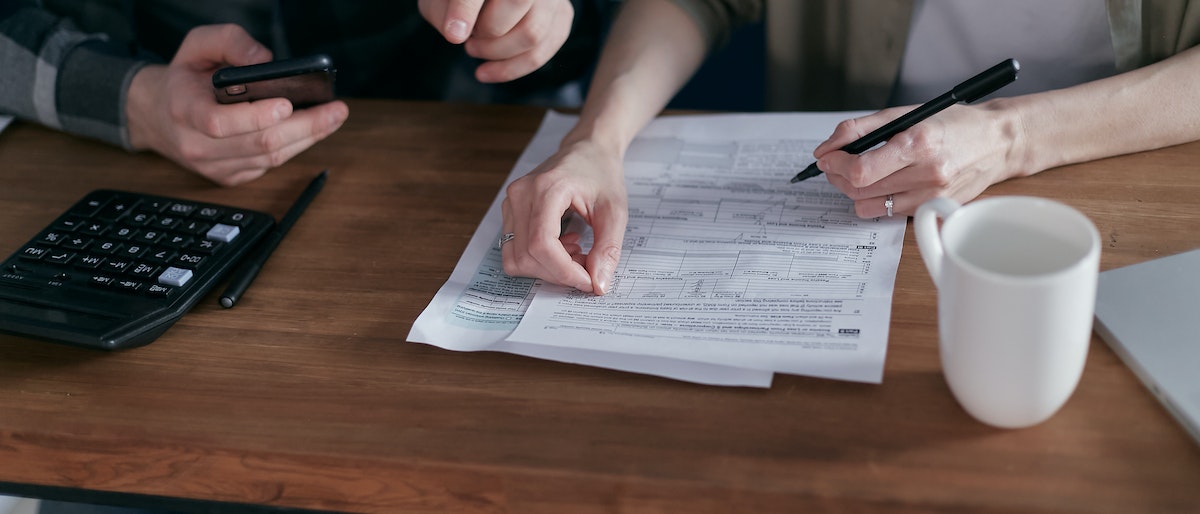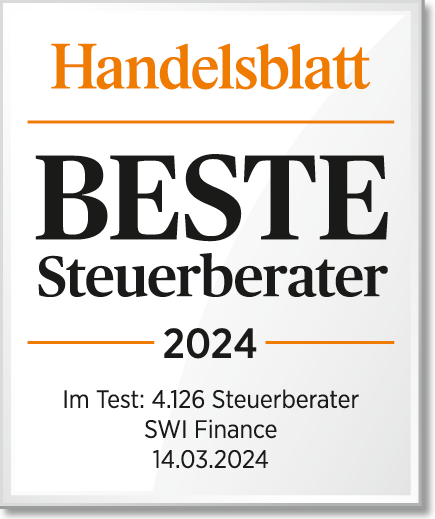- Companies
- International tax law
- Design & documentation of transfer prices
- Use of tax losses from home and abroad
- Annual financial statements - used strategically correctly
- Immigration step-up, a company moves to Germany
- Tax liability for sole proprietorships and partnerships
- Tax liability for Swiss corporations
- Permanent establishment
- Taxes in China
- International sales tax
- International employees
- Differences in labor law, tax law, social security law
- Working in the home office international
- Tax liability of employment income according to DTA
- Income tax for cross-border commuters, domicile abroad, without an employment contract
- Working in the employer's business premises
- Shares in partnerships and corporations
- Company formation/start-up
- Management consultancy
ServicesWith our work, we help our customers create long-term value and support them in growing responsibly and shaping digital change. We rely on data and the latest technologies in our services. - International tax law
- private customers
- Living & working abroad
- EU-Germany-Switzerland
- Taxation of the earned income of EU foreigners in Switzerland
- Tax liability in Switzerland
- Is it worth moving to Switzerland?
- Cross-border commuters between Germany and Switzerland
- 60-day rule in the DBA Germany-Switzerland
- Managerial staff Germany-Switzerland
- Income as a director
- Child benefit in cross-border cases
- Swiss AHV system / income tax
- Additional taxation between Germany and Switzerland
- Taxation in the digital world
- Life in China
- Purchase and financing of land, defense against enforcement
- Family & inheritance law, inheritance tax
IndustriesWith our work, we help our customers create long-term value and support them in growing responsibly and shaping digital change. We rely on data and the latest technologies in our services. - Country overview
CareerWe bring exceptional talents together to advance things together and make them significantly better.
- Rates
- office software
- Contact
- Blog
Double taxation agreement: In which country is an entrepreneur subject to tax and why are traders treated differently than freelancers? In national tax laws and double taxation agreements, commercial entrepreneurs are treated differently than freelancers.
An entrepreneur is liable to tax on his income in the country from which he operates his business. Unless he/she has a so-called tax permanent establishment in another country. In terms of content, the permanent establishment is determined differently under national law than under the double taxation agreements. This is also different for traders than for freelancers.
In German tax law, so-called freelancers are given preference because they are allowed to calculate their profit using the income-excess calculation, regardless of the amount of their sales. You do not have to prepare complex annual financial statements, which means you have significantly fewer legal obligations and, on top of that, significant financial advantages. Above all, freelancers do not pay trade tax on their income. Unlike traders, they generally only owe the sales tax on the invoices they issue when payment is received, but they are still allowed to deduct the input taxes when the invoice is received.







